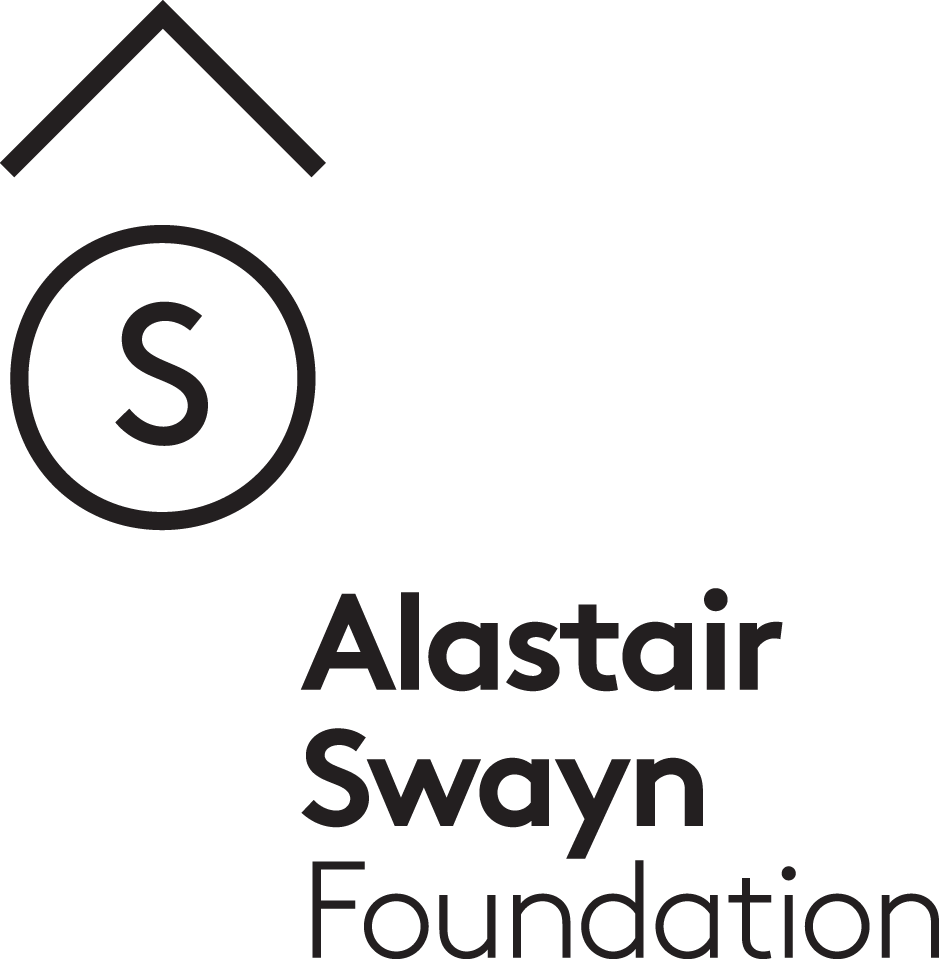Conversations—Foreword
As a portal to hell lights up the Gulf of Mexico and people are still being detained in Nauru, Jeff Bezos is being launched to space—we hear “can you see my screen?”...
The recent alignment of a global pandemic, environmental urgency and socio−political catastrophe has shaped a fragile reality—a new ‘normal’—constantly shifted by unyielding disruptions and perpetual uncertainty. Our current situation has exposed, on a planetary scale, the crushing failures of a system predicated on notions of extraction, accumulation and oppression. The field of architecture is brought into question as no innocent bystander—a field that has historically thrived and benefited from such systems. A field which will continue to normalise and materialise these deep imbalances and inequalities in its inability to recognise its legacies of discrimination, elitism and hegemonic power; and in its deliberate move to prioritise a toxic culture of production and exploitation over practices of care, repair and support. These institutionalised conditions, which exacerbate both old and new forms of colonial, racist, capitalist and patriarchal violence, have accelerated the urgent need to recognise and resist our complicity in reproducing such processes.
We write this as students moving in between the spaces of architecture school and practice; questioning the role we play in the reimagining of a new world. We admit we find ourselves unsettled by the inadequacies of our academic institutions and the shortcomings of our profession. But regardless of these limitations, the school of architecture is a prime site and space for the interruption and destabilisation of such processes. A place where debilitating fatigue and anxiety has forced us to care. A place where separation and insularity has steered us towards acts of collectivising and decentralising.
As possibilities for restructuring the discipline unfold, we ask; how do we free our imaginaries from the shackles of academic conditioning, in order to face the challenges of tomorrow? How do we begin to reclaim our education from the structures of power that instrumentalise and weaponise processes of learning and knowledge production—to ultimately gear our world towards repair? How can we build momentum for alternate modes of understanding, sharing, engaging with architecture—an architecture that is more diverse, plural and accessible? 11 interludes; 11 conversations; 11 breaks; prompt the ways in which we can begin to think about transforming and redefining our education as a tool for political change.
We would like to thank and offer our gratitude to the collaborators, contributors, mentors and friends, for their generosity and support—through which this project was made possible.
Contributors:
Joel Spring (School of Architecture, University of Technology, Sydney)
Léopold Lambert (The Funambulist Magazine, Paris)
Charlotte Malterre-Barthes (Graduate School of Design, Harvard University, Massachusetts)
Amaia Sánchez-Velasco (School of Architecture, University of Technology, Sydney)
Amina Kaskar (University of the Witwatersrand, Johannesburg)
Shuang Wu (Urban Transformation, Western Sydney University)
Huda Tayob (University of Cape Town)
Elizabeth Yarina (MIT Department of Urban Studies and Planning, Massachusetts)
Sumayya Vally (Counterspace, Johannesburg)
Liam Young (MS Fiction and Entertainment, SCI-Arc, Los Angeles)
Escuela Nunca: Leo Cappetto, Ignacio Rivas and Serena Dambrosio (Santiago, Chile)
Mentors:
Endriana Audisho (School of Architecture, University of Technology, Sydney)
Urtzi Grau (School of Architecture, University of Technology, Sydney)
Supporters:

JT // MA // JR
Interlude over.